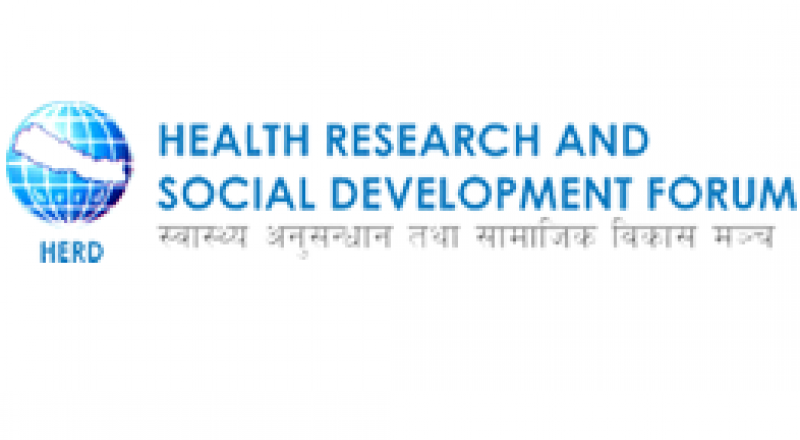106th International Women’s Day (IWD) is being marked globally today to celebrate the role that women have played in our society. The first IWD was celebrated in 1911. The theme for IWD 2016 is “Planet 50-50 by 2030: Step it up for Gender Equality”. This day acknowledges women for their contribution and achievements in various sectors. The modern women have been successful in managing both professional and personal life.
Every year numerous cases of violence against women are revealed of which only few are reported getting justice. IWD reminds those women who are waiting for justice that there is hope. This day also draws the attention of the concerned bodies and tells them what was done in the previous year and what should be done further.
The government has given high priority to women’s issues. The Government of Nepal established Ministry of Women, Children and Social Welfare two decades ago. Various acts, laws, programmes and policies have been introduced to ensure the rights of women. The Interim Constitution of Nepal 2007 has also given priority to women by ensuring safe motherhood and reproductive health. It has further discouraged violence against women by making provision of strict punishments. The government has introduced Domestic Violence Offence and Punishment Rules, NWC Act, Domestic Violence Act, Five-Year National Strategy and Action Plan related to the Elimination of gender-based violence and gender empowerment, among others. The government has also approved Convention on the Elimination of all forms of Discrimination against Women (CEDAW).
The 2008 Constituent Assembly (CA) elections had ensured women’s representation in the parliament by securing 33% seats. According to UN, the representation of women was 29% in CA, 16% in civil service, 4.5% in judiciary, 5.8% in Nepal police, 5% in Armed Police Force and 3.2 in Nepal Army as of 2014. According to the National Population and Housing Census 2011, the female literacy rate in Nepal is 57.4.
To mark this important day, HERD acknowledges the effort of the female staff and salutes them for their contribution. We talked to some of our female staff about how they have been managing both home and work. We also talked to some male staff about the relevance of the day.
Balancing Household Chores and Work



The kitchen staff - Manju Rai, Indu Lama and Bimala Shahi (all mother of two children) had similar experiences. They shared, “Managing time for work and taking out enough time for the children is surely a difficult task. Sometimes while working for longer hours, we get worried about the children. From the beginning of the day its hectic, sending kids to school, helping them with the assignments and making sure that they are ready for the next day. Managing both work and home is difficult and till now we have managed both, let’s see how it goes further.”

Nirmala Bhandari, Receptionist - Yes, it is tough managing home and office, but it feels good to be independent. Even though I get some help from other members of the family, I don’t get time for myself. Making sure that I prepare my kids for the school then coming office on time it’s difficult.

Sudeepa Khanal, Manager- Health Systems Research: I have not had any difficulty in managing my personal and professional life even after marriage. My family has been supportive and career oriented. They understand the importance of a career and it has helped me continue my work the way I did before marriage.
Men on Women

Santosh Giri, Data Management Officer- IWD is the day when women who have faced numerous problems realize that we stand for them. It’s a day we can show our commitment in addressing women issues. This day has an important significance as we look back to the past year, the achievements made and put light on the issues that need to be addressed. It is an important day for setting a milestone.

Ramesh Pathak, Senior Finance Officer- Appreciating women is the most important thing anywhere. There are women who have been getting opportunity but it is limited to a certain group. We say we will provide opportunity but we should be able to develop women’s capacity to work on that level and create a favourable environment so that when we provide them opportunity they are ready to grab it.



Comments(0)
No comments found.